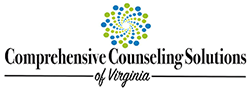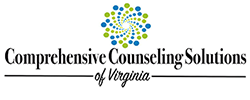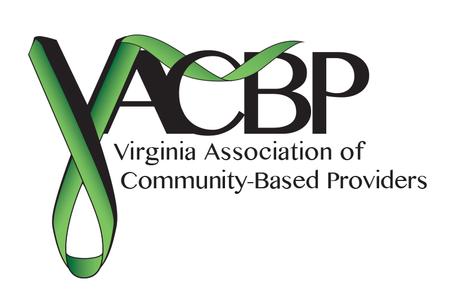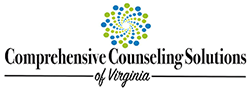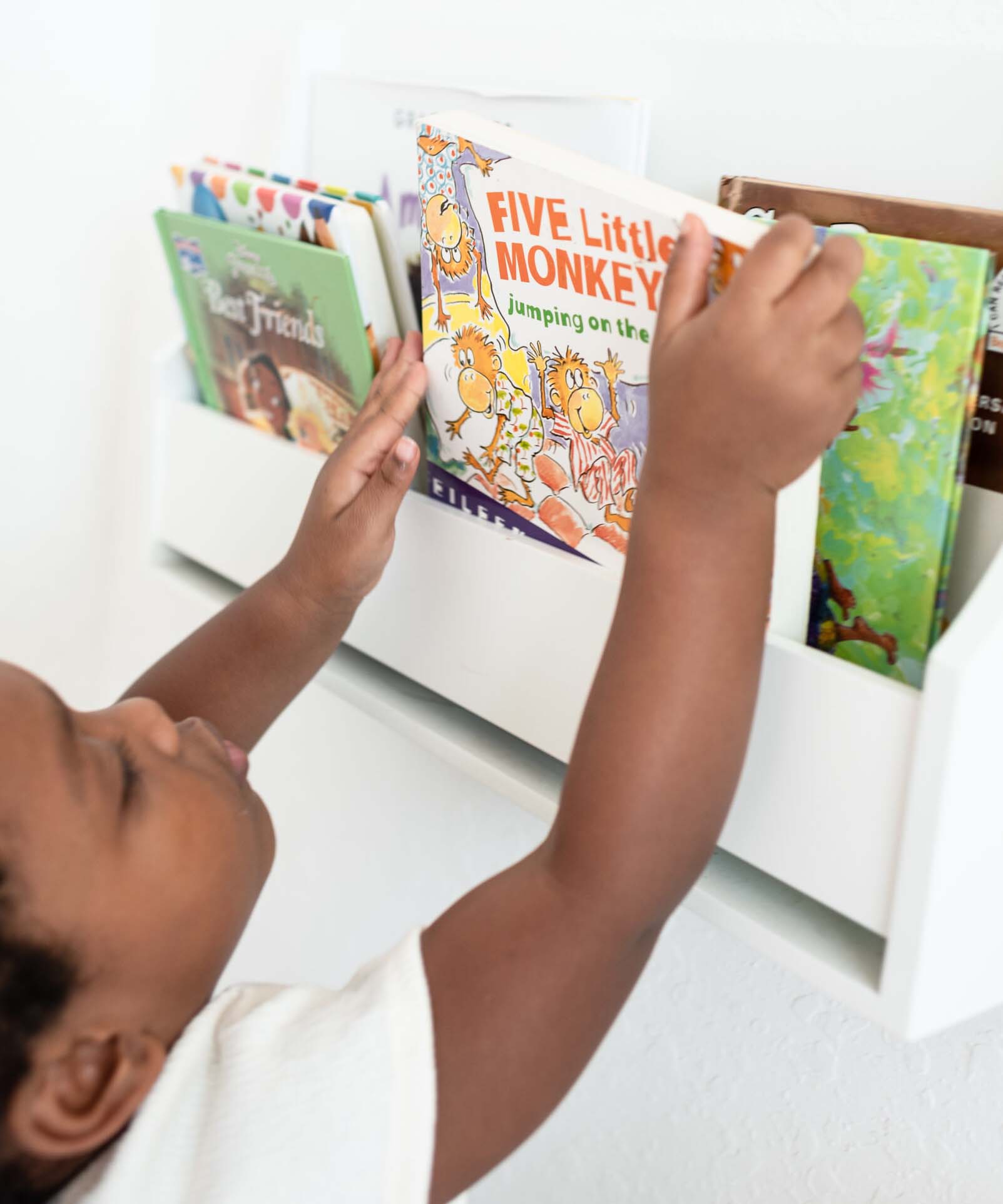
Positive parenting has helped many families to achieve greater harmony, and this approach may be especially important for parents raising a child with ADHD.
A recent study confirms that cutting back on yelling and spanking can lead to biological changes that make it easier for a child to regulate their emotions and behavior.
Researchers at Ohio State University studied family relations among preschool children with ADHD and their parents. They found that parents who received as little as 10 to 20 weeks of coaching showed significant improvement in positive parenting skills.
As harsh interactions decreased, their children demonstrated less abnormal heart activity and greater impulse control.
ADHD is challenging, but you can learn to discipline more effectively. Consider these ideas that will help you to create a calmer and happier home life for you and your child.
Encouraging Positive Behavior:
Prevention is more effective than discipline. Create conditions that make it easier for your child to use their strengths and follow house rules.
- Understand ADHD. Your child may be highly creative and energetic. On the other hand, they probably struggle with some things like listening attentively and planning ahead.
- Enjoy one-on-one time. Your child is less likely to act out if they feel secure and loved. Try to arrange at least one-half hour a day when you do something pleasant together. It could be your bedtime rituals or chatting and playing ball after school.
- Offer rewards. Give your child an extra incentive to comply with your expectations. Offer praise or small gifts when they complete their homework and cooperate with their siblings. If they have trouble waiting a week or more to get their prize, let them earn points throughout the day.
- Be specific. Make it easier for your child to do what you want by spelling out each step involved. Instead of asking them to clean their room, ask them to pick their toys up off the floor and put their clothes in a laundry hamper.
- Use visuals and sounds. Many children with ADHD understand images and sounds better than words. Clarify your instructions with other cues. Set a timer that will buzz when homework time is up. Hang a poster in the bathroom with pictures of a child brushing their teeth and putting on pajamas.
Maintaining Effective Discipline:
Of course, there will sometimes be lapses. Be prepared to discipline in a way that works better than nagging or criticizing.
- Focus on learning. Discipline means training rather than punishment. When your child slips up, show them what they need to do in order to succeed the next time.
- Limit time outs. Sitting completely still may be overwhelming for some children with ADHD. If you use time outs, keep them brief, and consider giving them credit if they manage to keep their mouths shut.
- Establish priorities. Trying to resolve too many issues at once can backfire. Deal with one subject at a time. Give your child a chance to fix one situation before you tackle the next.
- Stay calm. Children with ADHD may be even more sensitive than the average child when it comes to being influenced by a parent’s mood. If you can remain composed even when your child hits a classmate or keeps losing their glasses, you’ll be in a better position to work together towards lasting solutions.
Parenting a child with ADHD is similar to parenting any child, but it usually requires more effort and patience. You and your child can have a loving relationship if you believe in their abilities and understand their needs. Stay positive and reach out for the support you need. If you have more questions, we at Comprehensive Counseling Solutions of Virginia are here to help. We are here to help! Call us at (804) 621-4249
Euronda Travis, LPC
